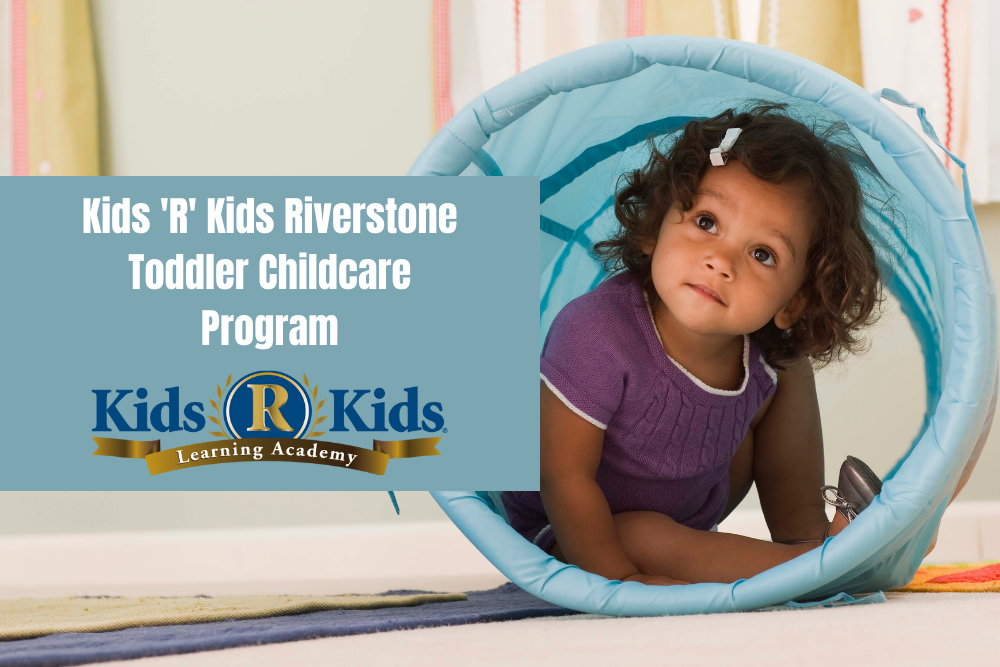We are enrolling! Join us in nurturing young minds, fostering creativity, and creating a brighter future. We're excited to introduce your child to a world of possibilities! Contact us today for details.

Conflict resolution isn’t always easy to teach, especially while you’re in the throws of the storm of the conflict. However, there are simplified methods by which you can guide your children into better conflict resolution.
Be the Example and Model Empathy
The best way you can start teaching your children conflict resolution is to lead them. Let your kids see you handling conflict appropriately and they will begin to observe, take mental notes, and follow in your footsteps.
As the parent, you will be able to positively influence your children to understand the full picture when you demonstrate empathy towards how they feel, even during moments of conflict. This could look like your child wanting a cookie before dinner. When the child realizes that you are not going to give him a
cookie before dinner, he may begin throwing a tantrum. At this moment, it’s easy to get upset; however, it’s just as easy and even more effective to get on his level, even while the tantrum is being thrown, kindly observe him, and say, “I see you really want that cookie, but I told you that you may have it after dinner.” Introduce your dialogue with something empathetic that shows your child you see how he feels, and that you understand.
Of course, this doesn’t mean you will compromise your terms. It simply means that you’re telling your child you see him and that you empathize with how he feels.
Focus on Brainstorming Resolutions
Another large factor of conflict resolution lies in a person’s ability to actually find a resolution. In order to help your child do this, it’s important to spend time with your child brainstorming ways that the conflict could be resolved together. It’s also important to note that this is teamwork that involves your child just as much as it does you. Otherwise, your child may become dependent on you always being the one to come up with resolutions.
This could look like your middle child becoming very upset suddenly because she wants to use the tablet, but your youngest child is already using it. Open the dialogue with:
“How can you use it if your brother is using it?”
“It’s not fair to ask your brother to end his turn early, so what can be done about it?”
Asking these types of relevant, qualifying questions to your child will allow her the opportunity to come to the conclusion that, no matter how the coin is flipped, she simply must wait her turn.
Help Children Verbalize Their Feelings
While it’s nice to be able to connect with your child, your child may not always be open to connecting with you for several reasons; they could be overly tired after school, navigating through brand new emotions they’ve never felt before, or trying to understand the expanding world around them. Whatever is going on, it’s not necessary to try to pry feelings out of your child, rather, it’s more effective to help them verbalize how they’re feeling.
This could look like your child becoming frustrated or even angry after school for no apparent reason. It may be helpful to sit next to him and, in an effort to relate to him, say, “I see you’re upset about something. I often feel like how you’re feeling when I’m overly tired.” Being able to relate to someone who is seemingly closed off often is an open invitation for dialogue.
Once your child feels you’re all ears, he may feel compelled and comfortable enough to let you know that he is overwhelmed by homework he has over a topic he didn’t understand in class, and feels he may not be able to get it done. This is a great opportunity to offer your help, encourage him, and alleviate some of his burdens.
These three simple methods are the perfect guiding light for your child’s development into conflict resolution.
KIDS ‘R’ KIDS RIVERSTONE TODDLER PROGRAM

Are you interested in learning more about how Kids ‘R’ Kids Academy of Riverstone can teach your toddler about important activities to keep them busy and entertained? Our Toddler Childcare Program is fully accredited and always ready to match your toddler’s energy and curiosity with wonderful teaching lessons.
We teach your toddler to be prepared for preschool and beyond!
Want to learn more about Kids ‘R’ Kids Learning Academy of Riverstone? Our mission is to provide secure, nurturing, and educational environments for children ages 6 weeks – 12 years. We help children to bloom into responsible, considerate, and contributing members of society. For more information, give us a call or stop by for a tour! We’d love to get to know you and your family.